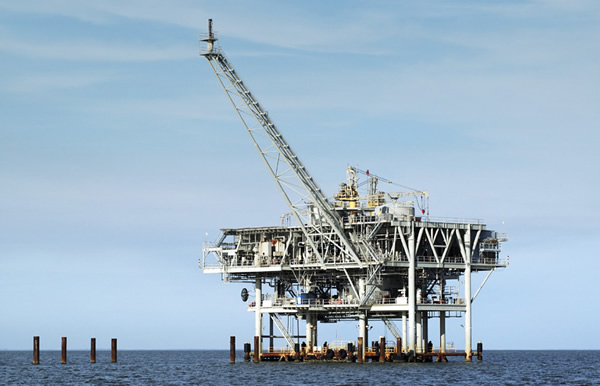Iran a decade from supplying gas to Europe

By Gulgiz Dadashova
As top officials continue to work on securing a tentative Iran nuclear deal after a framework agreement was reached in Lausanne this April, the possibility of Iran’s gas being supplied to Europe has attracted investors and powers’ attention.
Should the nuclear dispute between Tehran and world powers be resolved, it will have significant geopolitical implications and hugely affect the oil and gas markets. However, even under an optimistic scenario, Iran will not be able to unlock its massive resources potential and bring it onto international markets soon.
Chi Kong Chyong, a research associate at the Judge Business School and director of the Energy Policy Forum at the University of Cambridge, says that Iran as a source for Europe’s flagship Southern Gas Corridor is not a viable proposition, at least in the medium term, adding that this could change in the coming decade.
The expert believes Iran has little chance to turn into major gas exporter for at least a decade because of its high domestic demand and internal developing obstacles.
"The major challenge in getting Iranian gas to Europe seems to be Iran’s under-investment in the gas sector - there are infrastructural constraints, namely Iran’s geographical distribution of resources relative to its consumption as well as a lack of production and export infrastructure in the country," Chi Kong Chyong said.
Iran is the third largest gas producer after the U.S. and Russia, but its gas sector remains underdeveloped. Bulk of the production is used to meet growing domestic demand. In 2013, gas production increased by less than one per cent, to 167 billion cubic metres (bcm), while domestic consumption reached 162 bcm.
The country's huge energy waste accounts for 25 percent of all energy consumption. Abdolhossein Samari, the deputy director at the National Iranian Gas Company, recently said Iran's energy consumption stands three times above international standards.
Samari warned that if it is not reduced to match international standards, the country’s gas production in the near future will not suffice to satisfy the demands of its residential and commercial units.
Should Iran succeed in boosting its gas production, then it could hit international markets and consider possible supply routes.
Asked how the Iranian gas can be delivered to Europe in case all problems could be resolved, the expert noted that if Europe can ‘unlock’ Iranian gas then most probably it would flow through Turkey either by expanding the TANAP pipeline or by building a completely new delivery system.
“But this [the route] is not that important, what matter is to have firm sales agreements between producers and buyers, once sales and purchase agreements are in place infrastructure finance and construction is not going to be a major issue," the expert wrote in an e-mail to AzerNews.
Iran, holding about 18% of global gas reserves, enjoys a potential to become a major oil and gas exporter but significant investment is needed to build the infrastructure for pipelines and LNG exports.
Natural gas production requires much larger investments than oil production, and concluding a supply contract generally takes several years. Moreover, long-distance pipelines or LNG facilities cost billions of dollars, with these costs recovered only over many years.
Regarding the perspective for Iran to join the TANAP, Sam Barden, director of Wimpole International, an energy market development company said the country can buy a share in a project.
Barden said "it all seems negotiable", adding that Iran may have an option to buy a share in the project.
“Some of the gas from the Caspian oilfields would flow through it [TANAP]. The most important thing will be the mechanism of pricing of the gas that goes into it,” he told AzerNews during the “This Week in Focus” program.
Chyong added that Iraq and in particular Kurdistan is another potential supply option for Europe with its vast oil and gas resources and active participation of international exploration and production companies;
However, the political situation in the country is major source of concerns for large-scale investments in developing the production and export capacities, according to the expert.
Iraq's proved natural gas reserves as of January 1, 2015 were the 12th largest in the world at almost 112 trillion cubic feet (Tcf), according to the Oil & Gas Journal. The Iraqi government has also considered proposals to build a transcontinental pipeline to export natural gas to Europe via nearby countries, but there are no firm plans.
--
Follow Gulgiz Dadashova on Twitter: @GulgizD
Follow us on Twitter @AzerNewsAz
Here we are to serve you with news right now. It does not cost much, but worth your attention.
Choose to support open, independent, quality journalism and subscribe on a monthly basis.
By subscribing to our online newspaper, you can have full digital access to all news, analysis, and much more.
You can also follow AzerNEWS on Twitter @AzerNewsAz or Facebook @AzerNewsNewspaper
Thank you!
